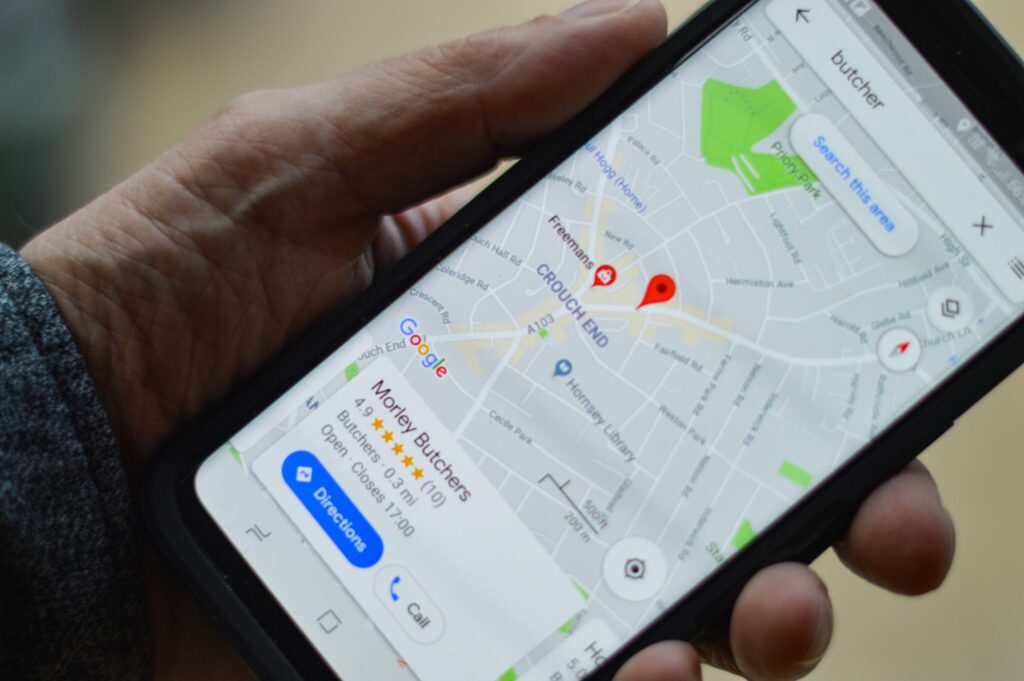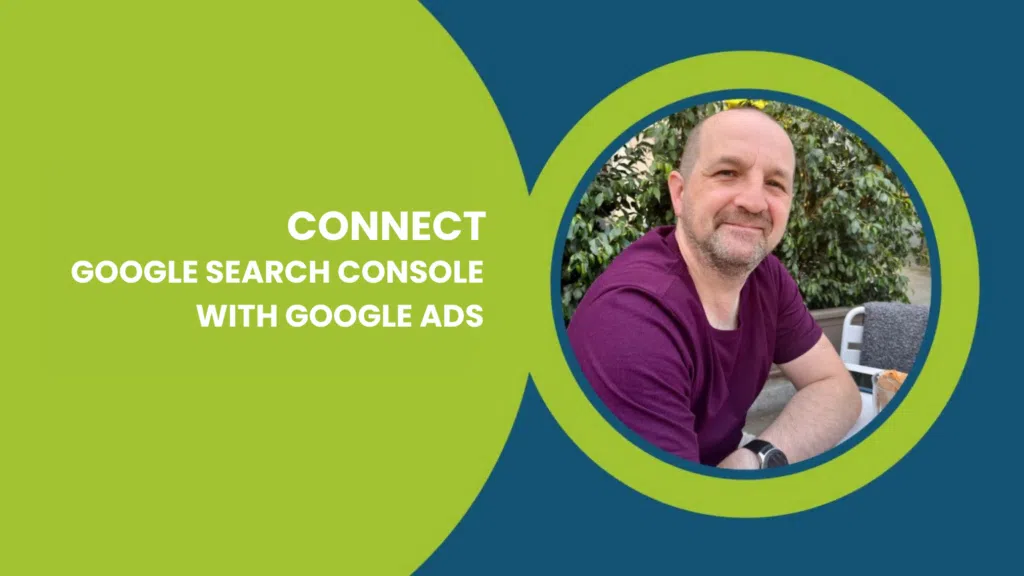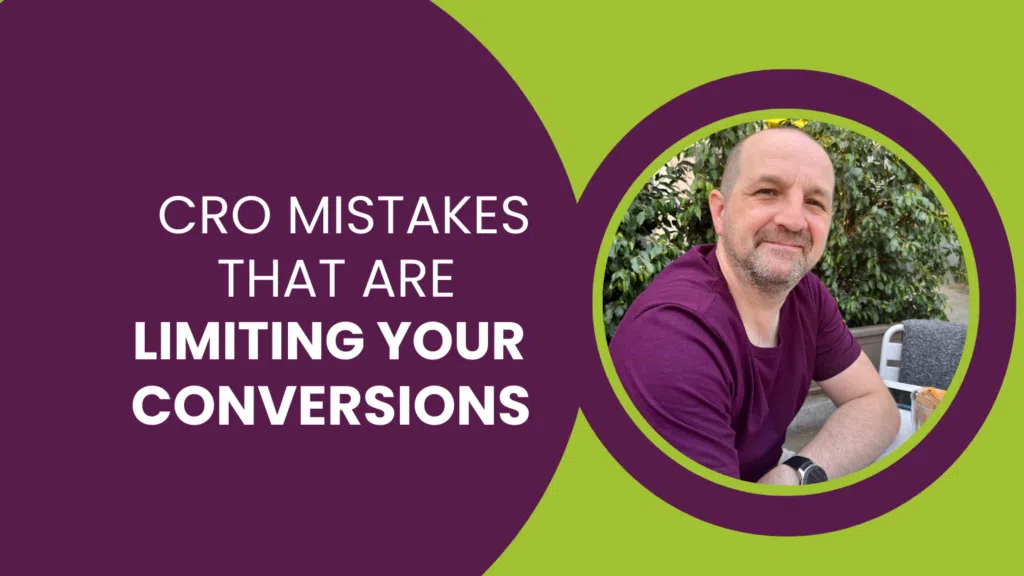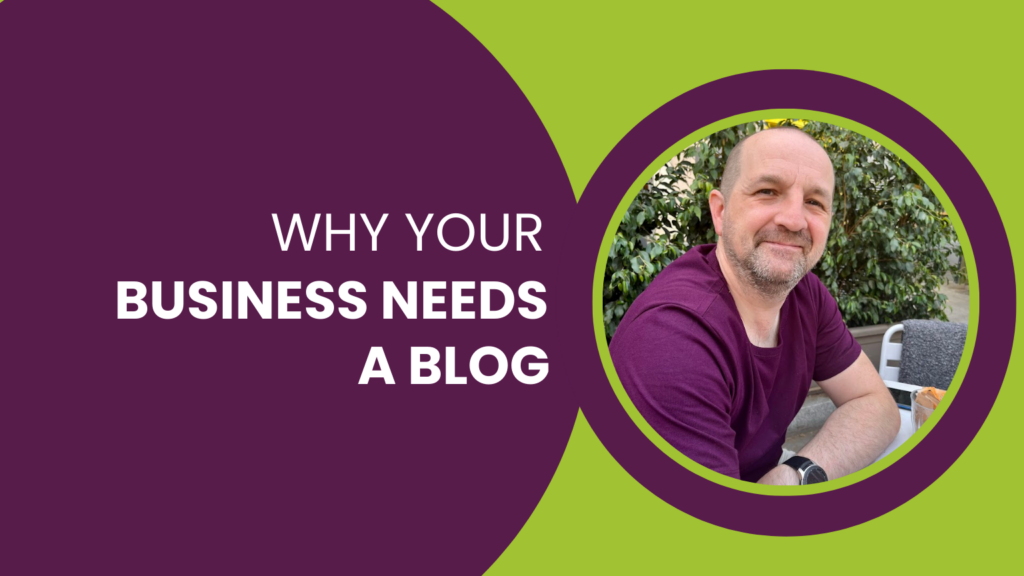Every business, small or multi-location, needs to implement a local search engine optimization (SEO) strategy to grow and increase its customer reach. In our local SEO guide, we’ll delve into the latest strategies and tactics to optimize your local presence effectively.
Why is local SEO essential for businesses?
Increased visibility: Local SEO helps businesses appear in local search results, driving more website visits, foot traffic, and conversions.
Targeted audience: By targeting specific geographical locations, businesses can connect with potential customers in their local area.
Competitive advantage: Optimising your website and Google Business Profile can help you stand out from competitors in your local area.
Cost-effective: Local SEO is often more affordable than traditional marketing methods, making it ideal for small businesses with limited budgets.
Mobile search: With the rise of mobile search, optimising for local SEO is crucial to reach customers on the go.
Local intent: According to Google, 46% of all searches include local intent, highlighting the importance of well-optimized local SEO for businesses.
What is Local Search?
Local searches aim to find products or services within a specific area. For example, a user might search for “McDonald’s near me.” Google’s algorithm recognises these searches as having local intent and displays relevant results, often in a “local pack” or “3-pack, which get displayed in 93% of local searches.
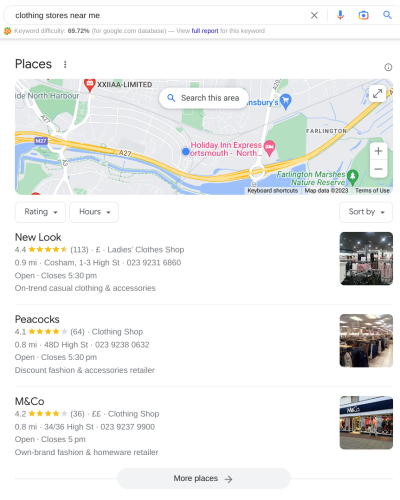
How can I improve my local SEO?
To increase your chances of appearing in local search results, focus on the following factors:
Proximity: Your business’s proximity to the user’s location influences its appearance in local search results, along with relevance and prominence.
Relevance: Ensure your business information matches the user’s search intent to improve relevance.
Prominence: Build credibility and authority through online sources like reviews, directories, and citations.
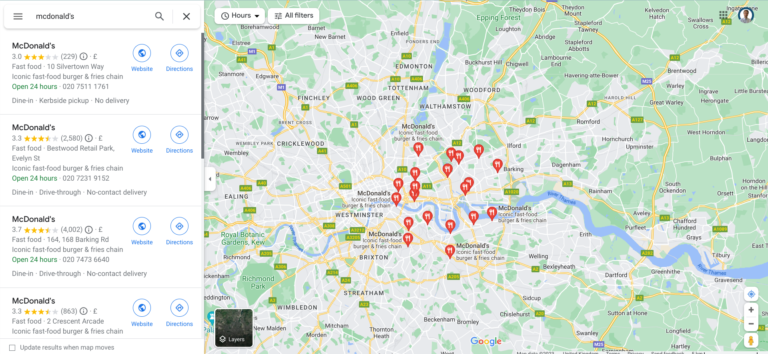
What is Google Business Profile?
Google Business Profile (formerly Google My Business) is a free tool that enables businesses to present key information such as their address, phone number, reviews, operating hours, and additional features like posts. It functions as a social media platform that assists customers in finding you in real life.
As part of your local SEO strategy, it’s vital that your Google Business Profile listing is fully optimised. The information displayed on the listing will appear not only in local pack and Google Maps searches but also when a user searches for your brand, resulting in your business knowledge panel being displayed.
You can foster trust with consumers and search engines when your listing is up to date and accurate, thereby increasing your chances of appearing in the local pack.
Google Business Profile is a crucial citation in local SEO, with only 44% of listings being claimed, offering you an opportunity to surpass your competitors.
It’s worth noting that Google My Business has undergone changes and updates, so it’s essential to ensure the guide reflects the latest features and best practices to maximise the benefits of your profile.
Although Google is the most widely used business listing platform, 6 billion searches take place each month on Bing. It would be irresponsible to ignore Bing Places which is also free and has lower competition to rank. Make sure you have optimised your business listing on Bing Places as well as Google Business Profile. It is another big opportunity for your local SEO.
What are citations?
Citations refer to mentions of a business’s name, address, and phone number (NAP) on other websites, directories, or online platforms. Ensure accuracy and consistency across different platforms to improve local search rankings and visibility.
Use tools like BrightLocal to monitor and correct listings, ensuring consistency and reliability with search engines.
How to build and monitor citations.
Citations refer to mentions of a business’s name, address, and phone number (NAP) on other websites, directories, or online platforms. Ensure accuracy and consistency across different platforms to improve local search rankings and visibility.
Use tools like BrightLocal to monitor and correct listings, ensuring consistency and reliability with search engines.
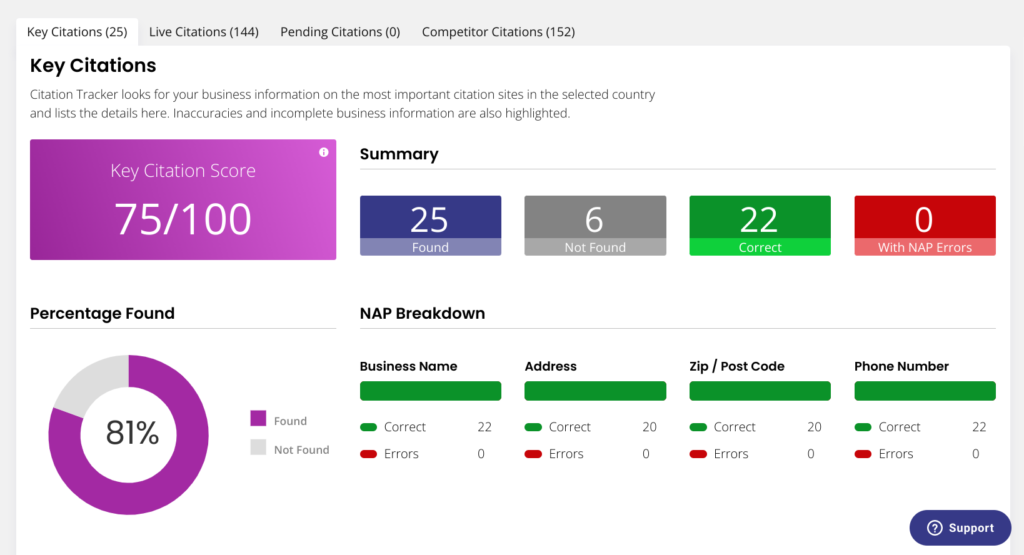
BrightLocal is a great way to monitor and correct current listings as well as look for new opportunities to increase your visibility and reliability with Google.
How reviews can improve your local SEO
Positive reviews enhance credibility and trust for local businesses. Encourage customers to leave reviews on Google Business Profile or social media pages. Respond to reviews promptly and engage with customers to demonstrate your commitment to customer satisfaction.
Address negative reviews professionally and offer solutions to resolve issues, showcasing your customer-centric approach.
How to optimise your website for local SEO
Optimise your website with local information, especially if you’re a multi-location business. Ensure address information is displayed naturally throughout the site, and minimise content duplication on location pages.
Optimise for mobile users and ensure fast website speeds to improve user experience and rankings.
Schema Mark-up
Implement schema markup, specifically local schema, on your website to provide clear information to search engines. This can help improve your position in local search results and enhance visibility in rich snippets.
Tools like Google’s Structured Data Mark-up Helper can simplify the process of implementing schema mark-up.
Schema mark-up, also known as structured data, is code used to clearly provide information to s
You can read more about schema mark-up, and how to implement it, in our beginner’s guide.
Voice Search Optimisation
Optimise for voice search by targeting long-tail keywords and providing concise, conversational answers to common questions related to local businesses. Voice search optimisation can improve visibility and engagement in local search results.
Video Content
Incorporate video content into your local SEO strategy to improve engagement and showcase products or services. Utilise platforms like YouTube to increase visibility in local search results.
Google Maps Optimisation
Dedicate a section to Google Maps optimization, including tips for optimising your Google Maps listing, encouraging reviews, and leveraging features like Google Maps ads.
Localised Content
Highlight the importance of creating localised content tailored to specific local audiences. Provide strategies for creating blog posts, landing pages, or social media content that resonates with local customers.
Local Link Building
Provide specific tactics for acquiring local backlinks, such as sponsoring local events, collaborating with other local businesses, or reaching out to local media for coverage.
Accuracy and Consistency
Verify the accuracy and relevance of statistics and data cited in the guide. Emphasise the importance of consistent NAP information across all online platforms to improve local visibility.
Engagement and Interaction
Encourage reader engagement with interactive elements like quizzes, checklists, or interactive maps. Prompt readers to share their experiences and insights on local SEO strategies.
We hope you enjoyed this local SEO guide, and if you have any comments or questions then why not leave a comment below, we will be sure to get back to you.

